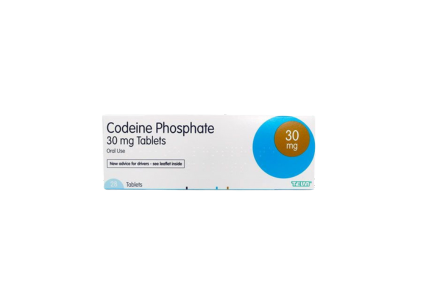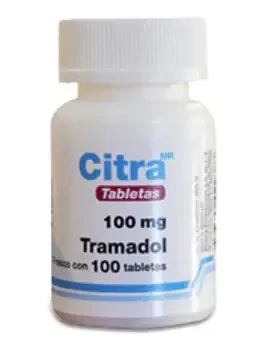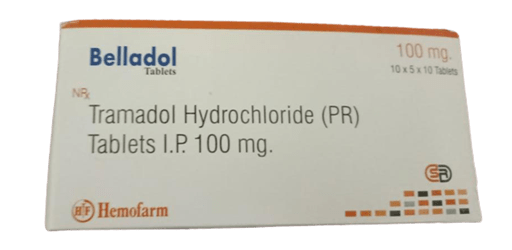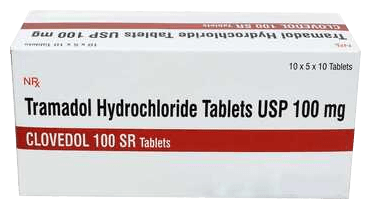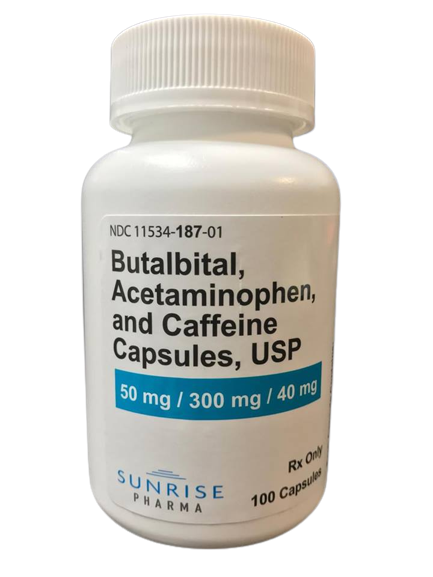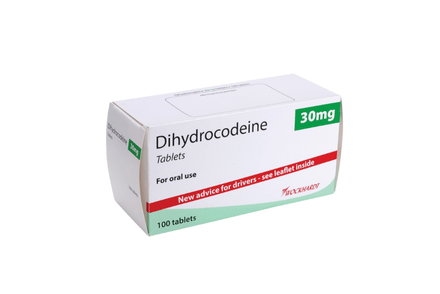Description
Codeine Phosphate is a prescription opioid medicine used to relieve mild to moderate pain, reduce cough, and occasionally to treat diarrhea. It belongs to a class of medications called opioid analgesics, which work by changing the way the brain and nervous system respond to pain.
Key Information:
-
Generic Name: Codeine Phosphate
-
Type: Opioid analgesic and antitussive (cough suppressant)
-
Form: Tablets, capsules, oral solution, or syrup
-
Common Strengths: 15 mg, 30 mg, and 60 mg per tablet or dose
What It's Used For:
-
Pain Relief
-
For short-term management of mild to moderate pain (e.g., injury, dental pain, post-surgery).
-
Often combined with paracetamol or ibuprofen for better effect (e.g., co-codamol).
-
-
Cough Suppressant
-
Reduces dry, irritating coughs by acting on the cough center in the brain.
-
-
Occasionally Used For
-
Treating diarrhea (off-label and not a primary use)
-
How It Works:
-
Codeine is converted in the liver into morphine, which binds to opioid receptors in the brain and spinal cord.
-
This blocks pain signals and reduces the urge to cough.
Common Side Effects:
-
Drowsiness
-
Dizziness
-
Nausea or vomiting
-
Constipation
-
Dry mouth
Serious Warnings:
-
Can cause breathing problems, especially in children or those with lung conditions.
-
Addiction, dependence, and tolerance can develop with long-term use.
-
Should not be used in children under 12 or during breastfeeding.
-
Avoid alcohol and other sedating drugs while taking codeine.
Important Advice:
-
Take only as prescribed by your doctor.
-
Do not drive or operate machinery if you feel drowsy.
-
Store safely away from children to avoid accidental ingestion.
-
Do not share this medicine with others.
Ingredients
1. Active Ingredient:
-
Codeine Phosphate (usually as Codeine Phosphate Hemihydrate)
– Common strengths: 15 mg, 30 mg, or 60 mg per tablet
– This is the active opioid compound responsible for pain relief and cough suppression.
2. Inactive Ingredients (Excipients):
These may vary by brand or manufacturer but typically include:
-
Lactose monohydrate – used as a filler or binder
-
Maize starch or pregelatinized starch – helps tablet disintegrate in the body
-
Povidone (PVP) – a binder to hold ingredients together
-
Magnesium stearate – a lubricant to prevent ingredients from sticking during manufacture
-
Talc – used as a flow agent or anti-caking agent
-
Colloidal anhydrous silica – improves powder flow
-
Stearic acid – lubricant in tablet formulation
-
Gelatin – sometimes used in capsule form
⚠️ Allergy Information:
-
Lactose: Present in many formulations — may not be suitable for lactose-intolerant individuals.
-
Always check the patient information leaflet (PIL) or ask a pharmacist for the exact list of ingredients, especially if you have known allergies or intolerances.

